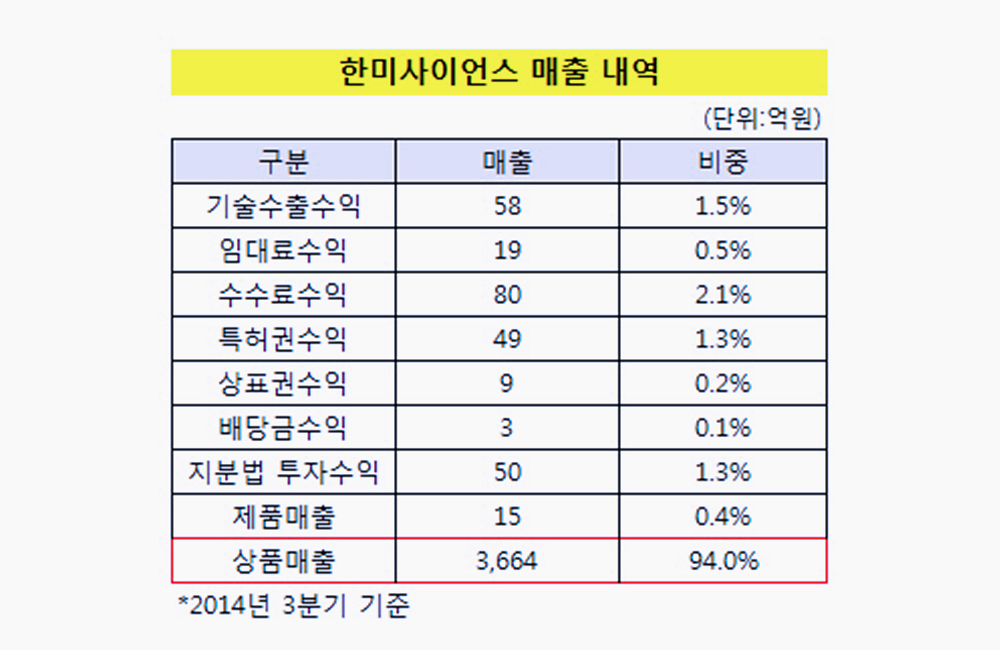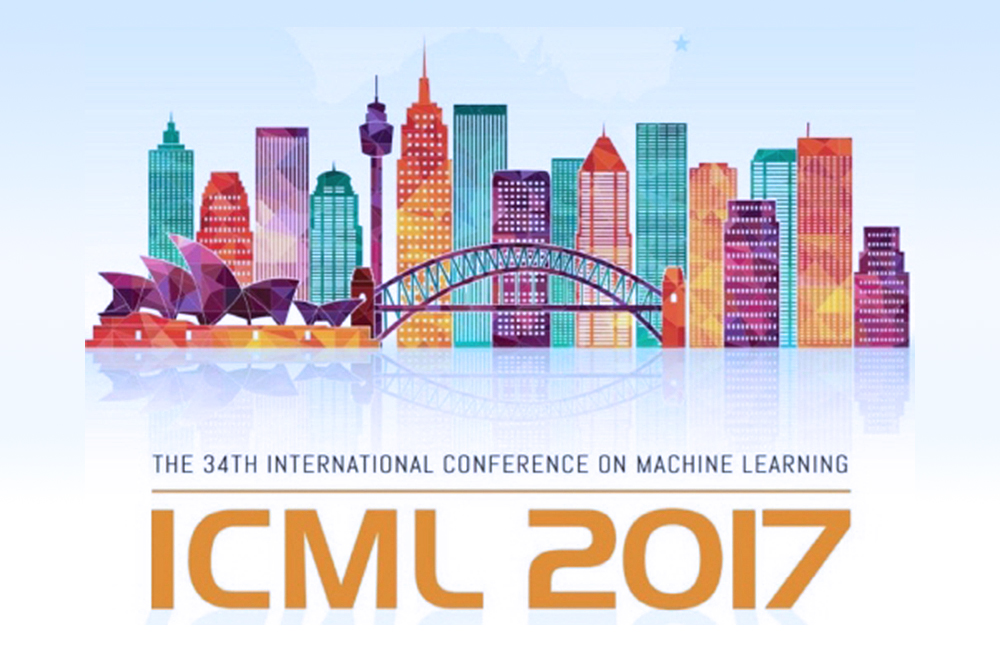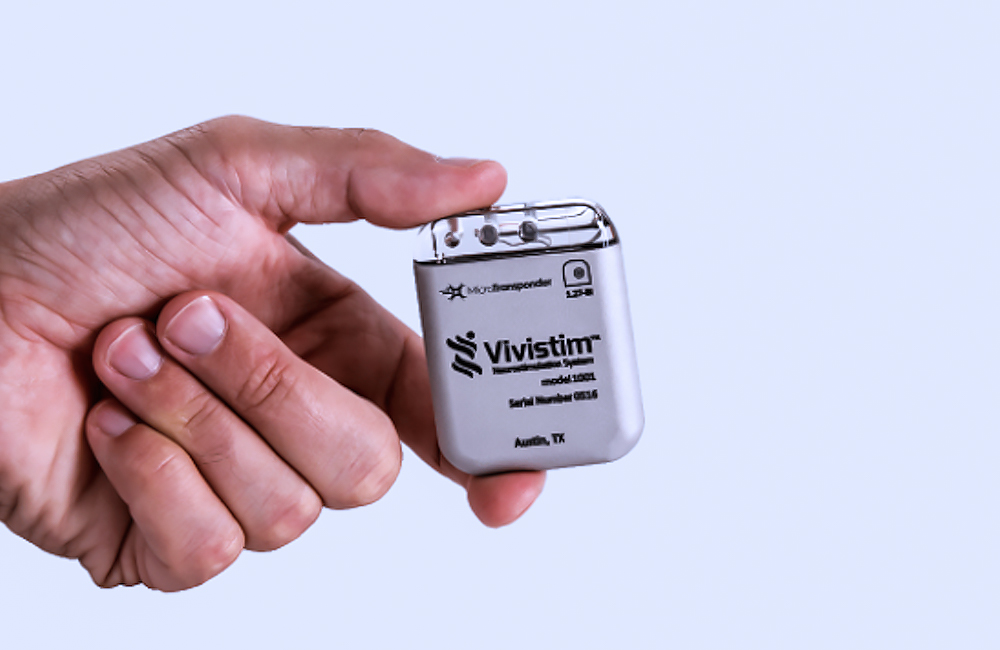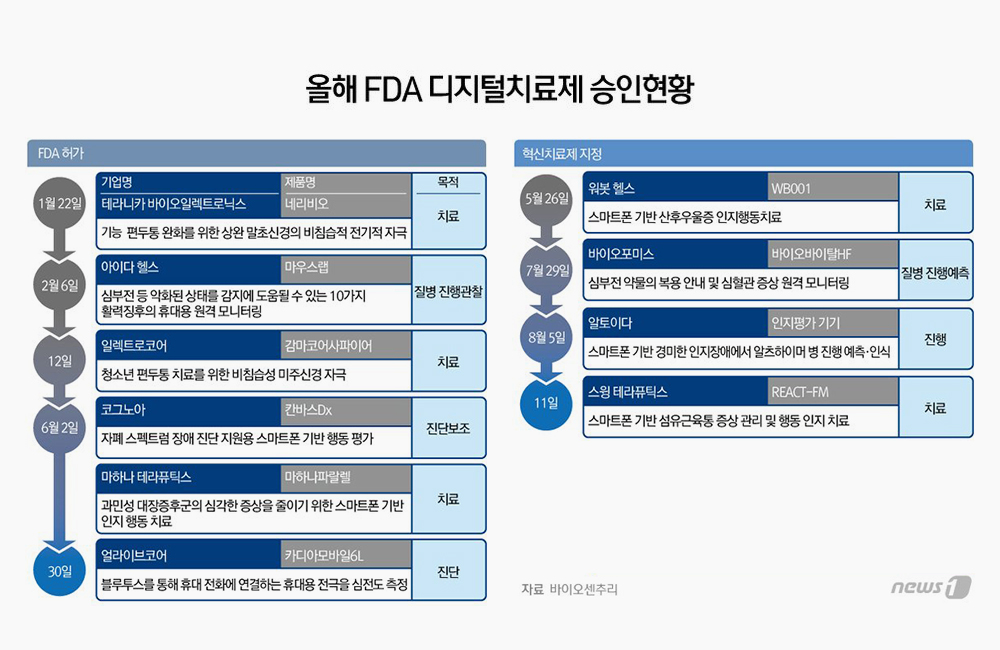Mental health is the defining problem of
our generation.
It has all the elements of a complex
social-scientific problem. While pervasive, mental disorders are grossly
under-diagnosed. There is lack of awareness of the issue, and sufferers face
stigma, little engagement and a variable quality of care.
In the 2019 Global Burden of Disease study,
mental disorders were the second leading contributor to years lived with
disability. Studies by the Institute of Mental Health (IMH) further show that
the lifetime prevalence of mental disorders in Singapore has increased from 12
per cent in 2010 to 13.9 per cent in 2016.
What is of concern is that more than
three-quarters of those with a mental disorder in their lifetime did not seek
professional help.
Covid-19 has put the spotlight on mental
health.
There is not only anxiety about the virus,
but the accompanying economic and societal consequences. As we begin to address
the ensuing mental health tsunami, we envisage a long-term process with no easy
solutions.
Reimagining mental healthcare
Mental disorders affect an individual's
cognition, emotion and behaviour.
Often, a change in behaviour is the
presenting symptom.
Unlike a typical medical consult, where a
physical examination or blood test might reveal the diagnosis, mental health
assessment relies on verbal cues from the patient and other sources. At times,
such information might be incomplete or even contradictory.
There is much need for objective data to
guide diagnosis and treatment.
Smart devices are the hallmark of the 21st
century. With the increasing digitalisation of our lives, there are
opportunities to tap into existing data sources to provide clinical insights
into our health status.
Such digital biomarkers provide objective
physiological and behavioural data obtained from sensors that we wear or carry.
Beyond physical activity and heart rate,
data on geolocation, sleep, sociability from messaging, phone calls and social
media are readily available.
Paired with advanced analytics, a digital
phenotype or profile can be put together, which allows the individual to be
more informed about his or her own health status.
Understanding the mental health of patients
remotely - especially those with severe illness, enables better patient-centred
care. This disrupts the current health delivery model, with a shift from
traditional in-person clinic visits to continuous health status monitoring.
How technology can make a difference
Re-thinking ways to treat mental disorders
call for new approaches to generate insights and evidence to drive
decision-making.
Patients can input their health status via
sensors or self-reported outcomes; clinicians can enter test results and
treatment plans; and digital platforms can monitor adherence to treatment and
track progress over time.
There is a need for timely and proactive
engagement of the patient, to empower greater involvement in his or her own
health. Whether it is through serious games (or gamification), emotionally intelligent
chatbots or algorithm-initiated medical consults, the need for informative and
interactive solutions is pronounced.
Companies such as digital health and data
science firm Holmusk have developed hybrid-AI platforms to support
decision-making in mental health. This collates, organises and analyses
real-world data in behavioural health and psychiatry, and develops predictive
models to enable better patient care.
Treating mental disorders has also gone
online.
Internet-based behavioural therapy and tele-therapy
sessions with mental health professionals are initial forays which have taken
greater prominence following Covid-19.
Digital phenotyping, coupled with digital
therapeutics, promises powerful new tools for the doctor's repertoire.
It engages the patient, provides real-time
feedback, and facilitates meaningful discussions with the healthcare team
around treatment goals and plans.
A milestone was reached in 2017, when the
United States Food and Drug Administration (FDA) approved "reSET", a
prescription digital therapeutic for substance use disorder.
Developed by Pear Therapeutics, this app is
prescribed in place of a pill or injection, to deliver clinically-validated
interventions.
While "reSET" was the first
approved digital therapeutic, there are many others in the pipeline for
insomnia, migraine, schizophrenia and other conditions.
Digital platforms permit rapid scaling to
large groups of users. This has become invaluable in the pandemic, where entire
populations encounter extraordinary stressors at the same time.
These platforms deliver health information,
resources and interventions to anyone with Internet access and enable early
identification of those who require professional help.
In June 2020, mindline.sg was launched to
provide self-assessment tools and a compendium of resources for emotional
well-being. This was enhanced in October to include "Wysa", an
emotionally intelligent AI chatbot to help users manage stress and emotions
through evidenced-based self-help techniques.
Even as we take first steps, there will
already be transformation of healthcare delivery from the clinic to online
consultation and care. However, the real transformation will come when we
enhance the level of engagement and the effectiveness of care itself.
Real-world challenges to virtual
roll-out
While the technologies to disrupt mental
healthcare are already available, taking them into the clinic may not be so
simple. There is a need for clinicians to work closely with patients,
engineers, social workers and public health agencies to test, validate and
field new ways to manage mental health in the community.
For a start, we need to determine what is
medical information that is stored and accessible in electronic health records,
and what is private that goes beyond a doctor-patient relationship.
As we collect pervasive data about an
individual's activities, behavioural choices and sleep patterns, we need to
balance actionable medical information and patient privacy.
Health authorities have been grappling with
how to regulate digital products, whether these are for monitoring disease or
providing therapeutic interventions. Singapore's Health Sciences Authority
(HSA) approved its first digital therapeutic as recently as June 2020, the
first regulatory agency to do so outside the US.
The challenge remains to develop regulatory
pathways to approve such products, without forgoing the rigorous clinical
efficacy and safety trials required for all other classes of medical products.
Digital therapeutics need to be integrated
within existing health systems. This requires not only approved software and
hardware, but evidence-based clinical practice guidelines.
Physicians will need to be educated on how
to prescribe digital apps, how to monitor compliance, and how to assess
clinical outcomes.
Finally, we need to review how prescription
and treatment costs can be reimbursed, including whether these are covered by
medical insurance and other payment schemes.
Incentives can also be in-built to enhance
patient acceptance and adherence to therapy.
The future of mental healthcare is digital.
Developments will change how clinicians
diagnose, monitor and manage mental disorders, taking treatment from the clinic
into each patient's mobile device.
This goes beyond developing software.
There is a concurrent need to address
pertinent issues relating to patient confidentiality, safeguards for data
privacy, treatment models, regulatory pathways, reimbursement of costs, as well
as patient and physician adoption.
Reimagining mental healthcare is the easy
part, making it happen will take time. We have to do better than the current
state of mental healthcare - that is our goal.









